232 CD / Mieczysław Wajnberg: Concerts for flute and orchestra op. 75 &148 and other works
Mieczysław Wajnberg
Concerts for flute and orchestra op. 75 and 148. 12 Miniatures op. 29 for flute and string orchestra, Trio for flute, viola and harp op. 127
Antonina Styczeń, flute
Polish Chamber Philharmonic Orchestra, Wojciech Rajski
Zusanna Federowicz, harp; Pawel Czarny, viola
EAN/barcode: 4009850023203
Description
Charming pieces by Miecyslaw Weinberg, outstandingly interpreted by musicians from his native Poland. Given the commitment of the artists and the excellence of the recording, this CD is well worth exploring.
5 reviews for 232 CD / Mieczysław Wajnberg: Concerts for flute and orchestra op. 75 &148 and other works
You must be logged in to post a review.

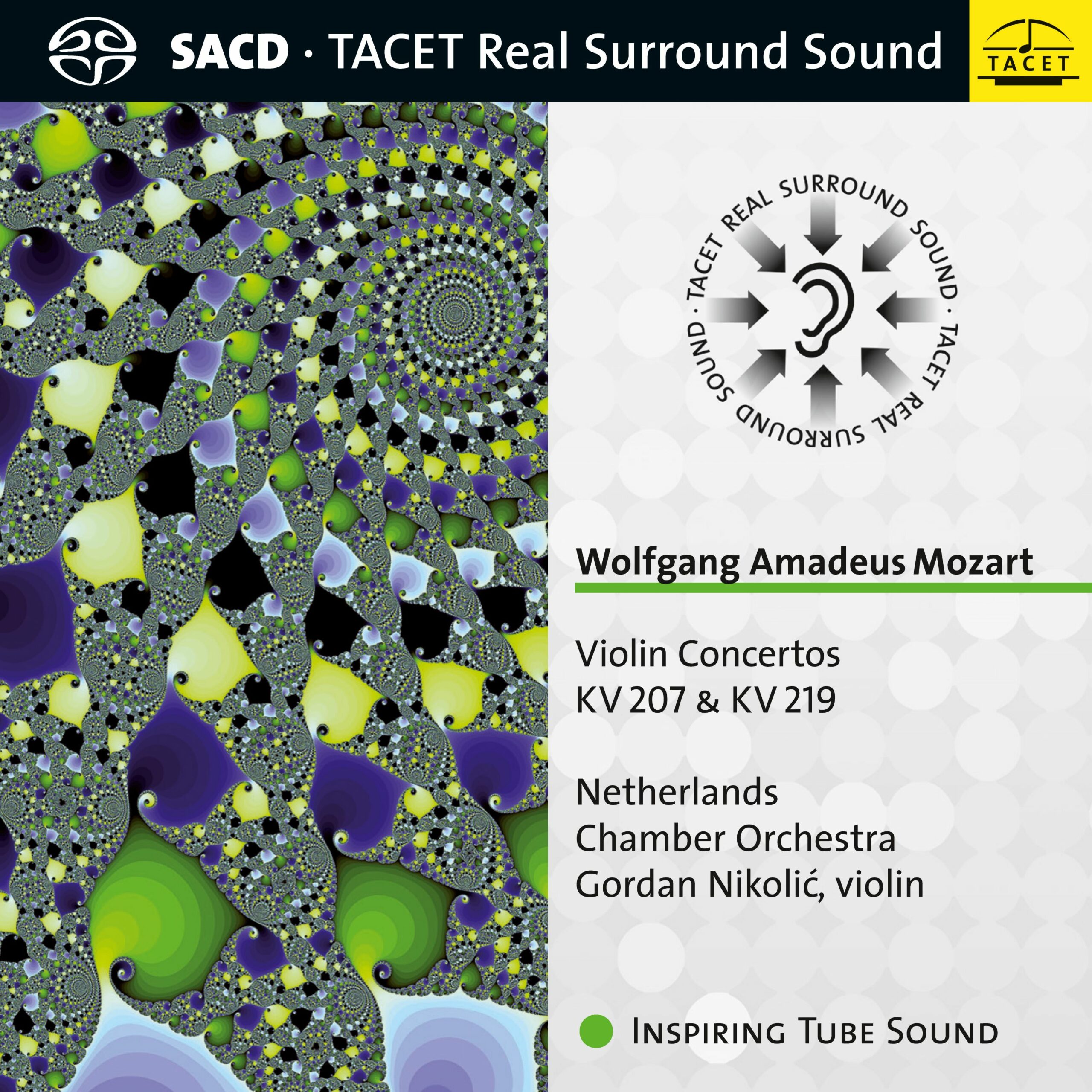
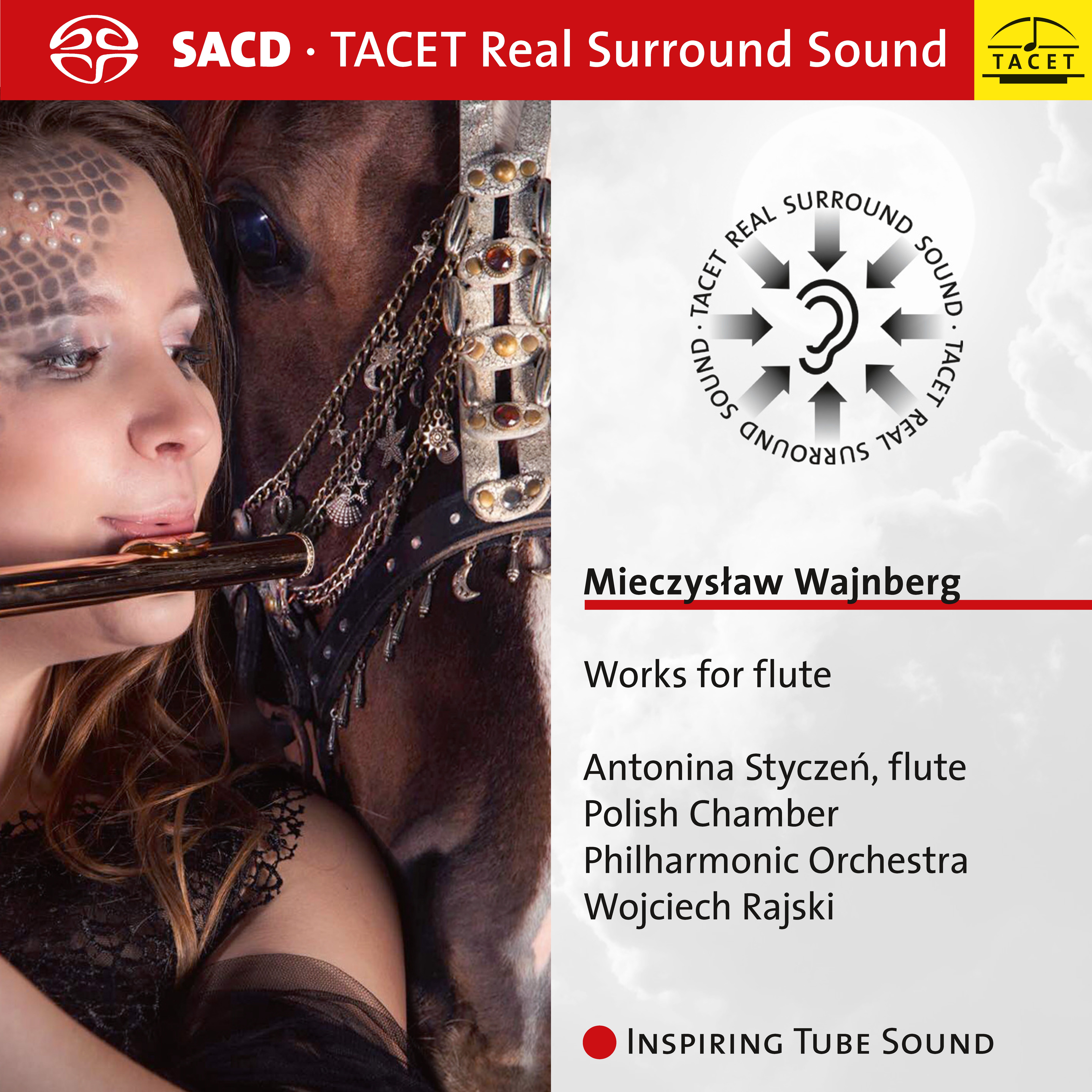
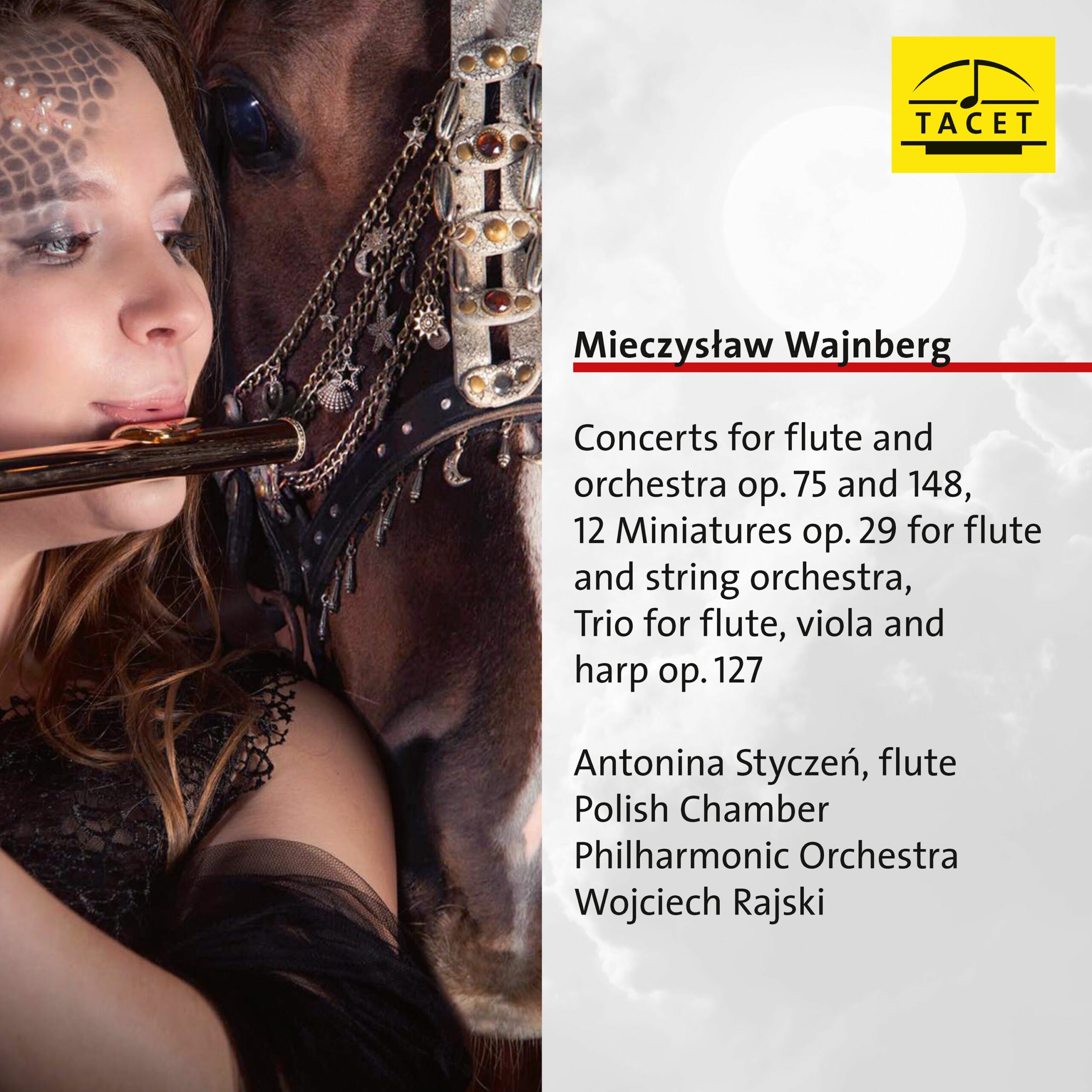
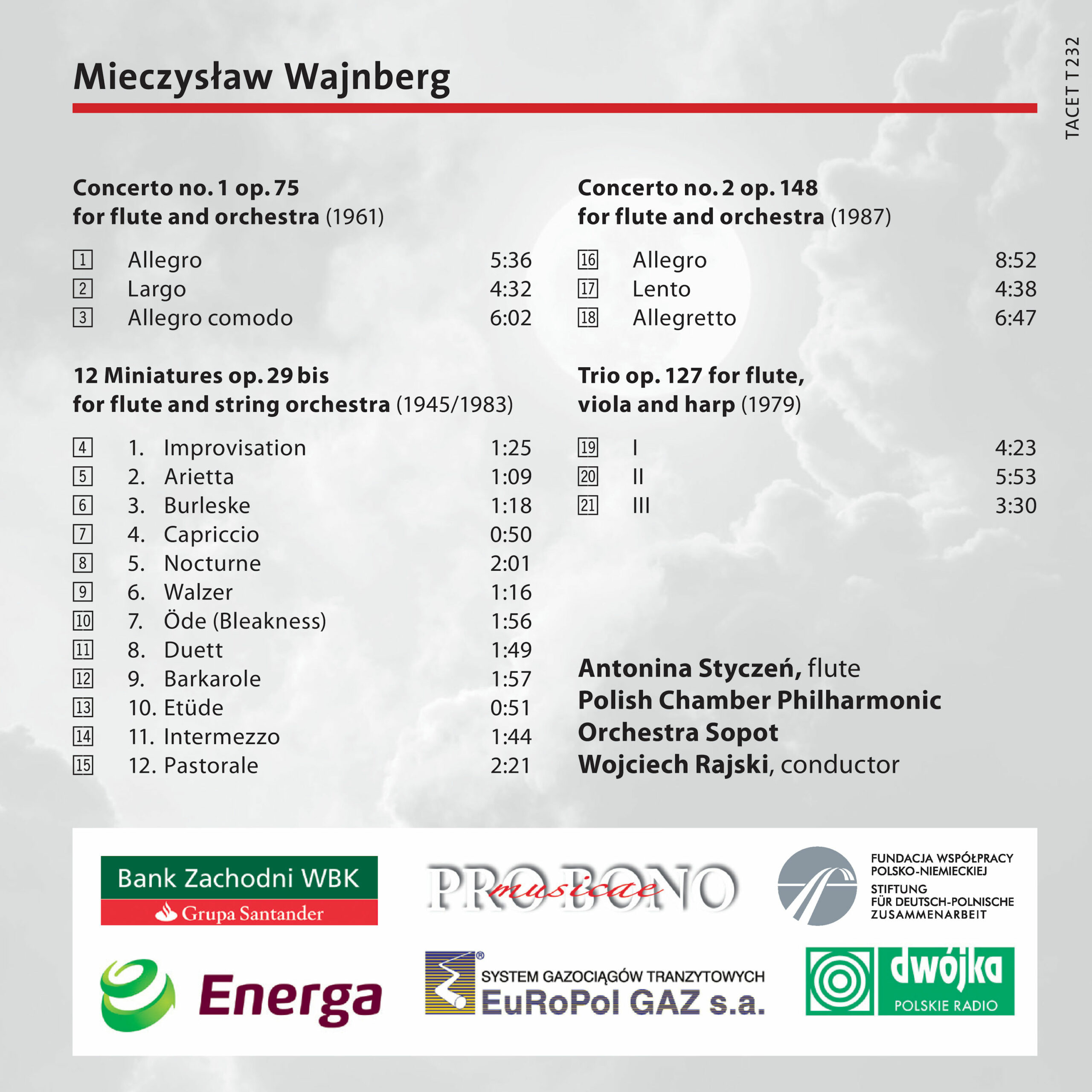
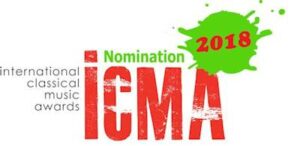

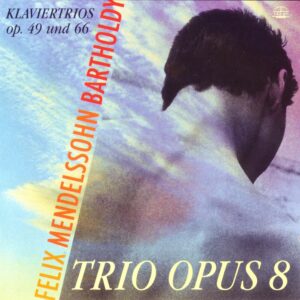
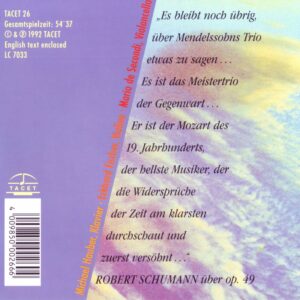
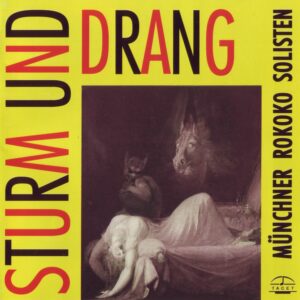
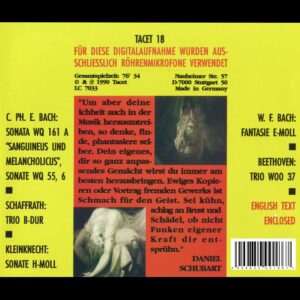
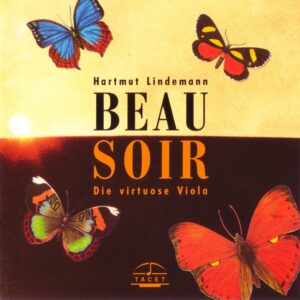
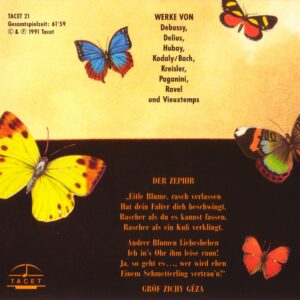
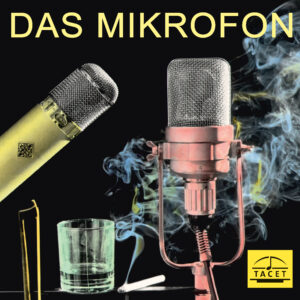
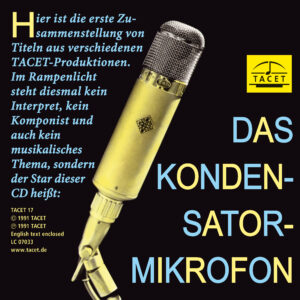
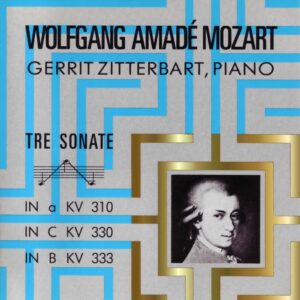
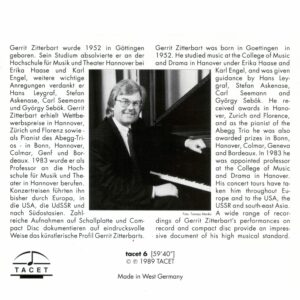
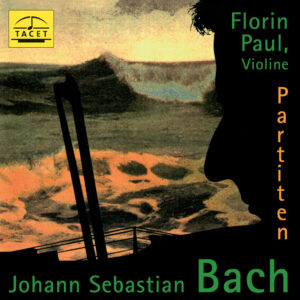
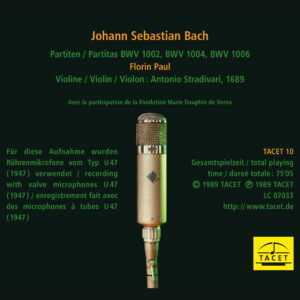
MusicWeb international –
--> original review
(...) This disc of music for flute is enthralling, containing as it does some of Weinberg’s most delightfully charming music covering over forty years of his composing life. (...)
Steve Arloff
Fanfare Magazin –
–> original review
The music of Mieczysław Weinberg is now well established on record. This release brings us the third recording of his Flute Concerto No. 1, and the second of No. 2. Both are short works that feature a central Largo flanked by faster movements. The First (from 1961) is the perkier. The Second (from 1987) is softer grained with a memorable finale, possibly because it quotes pre-existing music by Bach and Gluck. Unexpectedly, it concludes with a subdued coda.
A performance of No. 1 by Russian flutist Alexander Korneyev, with the Moscow Chamber Orchestra under Rudolf Barshai, may be found on a Melodiya disc that is hard to track down, and very costly if you do. (The program’s big plus is the inclusion of Rostropovich in Weinberg’s Cello Concerto.) A more recent version, coupled with the recorded premiere of No. 2, appears on a Chandos disc played by Anders Jonhäll, with Thord Svedlund conducting the Gothenburg Symphony Orchestra. There the couplings are Weinberg’s late Clarinet Concerto and early Fantasy for Cello and Orchestra. The Chandos disc was highly recommended by Barry Brenesal in Fanfare 32:3.
The Polish performances on this new release are brighter than those of their Swedish counterparts, not only in terms of articulation but also in the sound, which is comparatively toppy. In the high-lying first movement of No. 1, Styczeń’s flute sounds positively piccolo-esque. She and the Polish Chamber Orchestra bring an air of breezy joie de vivre to these concertos, even when adopting slower tempos than Jonhäll and Svedlund.
The two accompanying works are more substantial than might appear from their titles. The 12 Miniatures are a 1983 transcription for string orchestra of a Partita for Flute and Piano, written 38 years earlier when the war had just finished and the young composer was looking forward to a peaceful future. (That did not quite happen, thanks to Stalin.) The work is made up mostly of dances—waltzes, a burlesque, a barcarolle and so on—with a plangent undertone. Rather as with Britten’s Lachrymae, the arrangement for strings adds emotional punch (especially in the seventh piece, “Ode,” where the flute is silent until the very end), and Weinberg explores varied and interesting string sonorities. A gentle Pastorale provides an intimate close to this attractive work. The Trio for Flute, Viola, and Harp (1979) was written for ensembles who play Debussy’s well-known sonata, but is more introverted than French works in that medium. Again the composer takes the opportunity to explore sparse textures. The harp’s entry in the second movement is deliciously spooky. Later, Weinberg gets the instrument to imitate a guitar. Weinberg’s trio is by no means Debussy-lite.
Styczeń, a flutist in her mid-20s, plays with charm and fine control throughout, matched in the trio by the excellent harpist and violist. The brisk, incisive playing of the Polish Chamber Orchestra helps to make this disc a must for lovers of the composer.
Phillip Scott
hifi & records –
Mieczyslaw Wajnberg wurde erst posthum durch seine Ausschwitz-Oper „Die Passagierin“ (1968) international bekannt. Das Werk erfuhr allerdings erst 2010 bei den Bregenzer Festspielen seine szenische Uraufführung. Der 1919 in Warschau geborene Wajnberg floh wegen seiner jüdischen Abstammng vor den Deutschen und kam 1943 auf Empfehlung von Schostakowitsch nach Moskau. Der Schwerpunkt seines umfangreichen Schaffens liegt jedoch auf der Instrumentalmusik. Seine beiden traditionell angelegten dreisätzigen Flötenkonzerte op. 75 und op. 148 (1961/87) sind virtuos-kantable Spielmusiken im besten Sinne, desgleichen die 12 Miniaturen op. 29. Durchweg dominieren originelle Klangfarben, häufig klingen volksliedartige Melodien an. Kauzig-verschroben, aber auch verspielt kommt das Trio op. 127 für Flöte, Viola und Harfe daher. Die junge polnische Flötistin Antonina Styczen versteht es, mit ausgesprochen schöner Tongebung und technischer Perfektion die vielschichtigen musikalischen Stimmungen dieser Raritäten wiederzugeben. Ihre Trio-Partner und die Polnische Kammerphilharmonie Sopot unter Wojciech Rajski erweisen sich dabei als verlässliche Partner.
Holger Arnold
hifi & records
Klassik heute –
–> zur Original-KritiK
Mieczyslaw Weinberg's music has found worldwide resonance in recent years, not least thanks to the sensational success of the performance of his opera The Passenger at the 2010 Bregenz Festival. It is regrettable, however, that some circles repeatedly consider it necessary to focus on the fate of the composer (Jewish refugee from the Nazis, arrest under Stalin) or to present him as a victim of the Soviet regime and an unrecognized genius. Strokes of fate, discrimination and persecution do not turn an untalented composer into a talented composer and vice versa. So let's stick to the facts: Weinberg was a recognized and widely played composer, valued pianist and chamber music partner in the Soviet Union from the 1960s at the latest (by the country's most important performers!), who was able to make a good living from his music. Many a composer in this country today could count themselves lucky to have been performed as often and with such outstanding quality during their lifetime as Weinberg was back then.
If one of his publishers' homepage says that he was Shostakovich's "most important and independent" student, this is simply presumptuous: On the one hand, he was never officially a student of Shostakovich, and on the other hand, in this context, composers like Kara would be more likely Karayev or Boris Tishchenko. Interestingly, it is the same publisher who certainly didn't go out of his way for Weinberg during his lifetime. The famous little flag in the wind... Without a doubt, Weinberg was a fruitful, good, and sometimes outstanding composer, but among his (numerous) works we also find something mediocre and routine. However, to dismiss him as an epigone because of his personal friendship with Shostakovich would be an injustice to Weinberg. Sure, many things are stylistically reminiscent of his role model, but in his case the influences are more diverse. In his work we find inspiration from Jewish folklore as well as (especially in his late work) very individual solutions.
Almost all of the composer's flute music is recorded on this CD: his two flute concertos, the 12 miniatures op. 29bis in the version for flute and string orchestra and the wonderful trio op. 127 for flute, viola and harp. In Weinberg's work, concert and chamber music works for string instruments occupy a much larger space. This may be due to the fact that woodwind instruments were never a real domain of higher education during Soviet times. Weinberg's two flute concertos are dedicated to the most outstanding Soviet flautist Alexander Korneev (1930-2010).
The line-up information on the CD is somewhat misleading: both concerts are listed as “Flute and Orchestra”. In common usage, this tends to imply a symphony orchestra. The First Concerto from 1961, however, is only scored for flute and string orchestra; The Second Concerto, written more than a quarter of a century later, actually exists in two versions: one with a symphony orchestra and one with a string orchestra, although the larger score can be heard in this recording. Both concerts couldn't be more different: The First Concerto (more like a concertino in terms of attitude and dimension) opens with a musical, vital Allegro, followed by an atmospherically dense Largo. The mysterious and cheerful final movement may be the most individual of the triptych. Weinberg's Second Flute Concerto from 1987 appears to be more enigmatic and brittle overall, its initial movement is sometimes phrase-like, and here and there it suddenly plays with quotations (e.g. from Johann Sebastian Bach's “Badinierie”). Between the two concerts you can hear the version of his “Twelve Miniatures for Flute and Piano” op. 29bis for flute and string orchestra, orchestrated by the composer himself, charming, light music with an enchanting flair.
For me, by far the most impressive work on the CD is the Trio for flute, viola and harp op. 127 from 1979. Here Weinberg finds a truly individual musical language: unpretentious, introspective lyrical music with an almost philosophical depth, free of any empty talkativeness that remains in the memory with its clear lines reduced to the essentials and its austere expression.
And so to the fabulous performers on the CD: Antonina Styczen as an excellent soloist, ideal in all respects, and the Polish Chamber Philharmonic Sopot under the direction of Wojciech Rajski. The sound of the recording is also excellent. A definitely recommendable CD for friends of contemporary flute music.
Heinz Braun
Pizzicato –
--> original review
Thanks to the renaissance of the composer Mieczyslaw Weinberg, previously only known in the Soviet Union, who, as a Pole of Jewish descent, came to Moscow as Shostakovich's protégé while fleeing Warsaw via Minsk from the German National Socialists and experienced the reprisals under Stalin there, we can here hear his works for solo flute. These are a trio, '12 Miniatures', originally with piano accompaniment and later with string orchestra, as well as the two concerts.
This also spans around 40 years of the composer's life. These range from the '12 Miniatures' by the thirty-year-old, who hoped for a good future as a young husband and new father, to the Second Concerto, in which, despite the cheerful interludes, you can hear the sick musician who has been forgotten by the world.
The two concertos are each in three movements and, like Weinberg's entire work, remain tonally bound. The outer movements in particular are virtuously life-affirming. Only the middle movement, a passacaglia played in the low register, brings a thoughtful touch. In the finale, in addition to Polish-Russian structures, there are reminiscences of his second role model, Shostakovich, with the passage of the solo violin in the spirit of Mahler. In the second concert, four decades later, it is rather the opposite, and lightness plays a smaller role.
However, the trio in the 'Debussy line-up' with viola and harp hardly shows any French idiom. Rather, it is one of the works in which Weinberg foregoes clear tonality and memorable rhythms and thus pushes his tonal limits. The '12 Miniatures' bring different moods that can be described as elegiac, melancholic and also happy.
The flautist Antonina Styczen has received scholarships, especially in Poland, and has been able to win several prizes as a result of her international studies. Her commitment to Weinberg impresses with the intensity and versatility of expression.
Your partners of the same age in the trio contribute to making this small work a shining pearl despite its unusual structure.
The Polish Chamber Philharmonic Orchestra under Wojciech Rajski has been an ensemble that has been known beyond Poland for decades, playing with a lot of verve and has excelled with even artistic interpretations. It is a constant guest at international festivals. Here it can use its brilliance to carry the soloist on wings while presenting her countryman's music.
Uwe Krusch